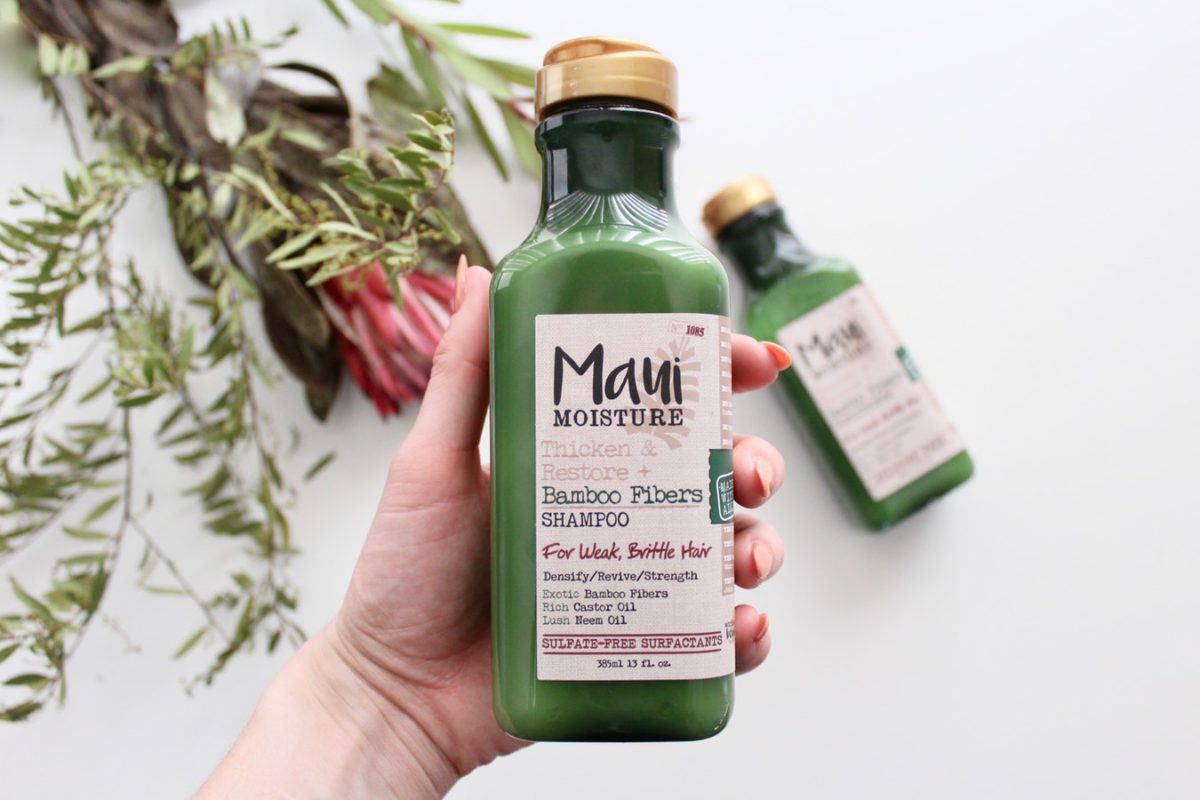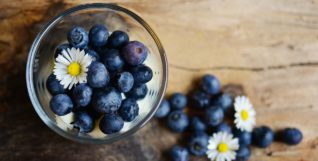
Switch to these 5 natural products
- April 26, 2019
- Cristina Trujillo
There is nothing necessarily to say that switching to all-natural products is the way to go. After all, GM crops yield bigger and more produce, which is incredibly helpful for many populations.
However, there is a lot to be said for going natural – it has been scientifically suggested that many of the ingredients of universally accepted everyday products cause damage to the human body. It is vital to do your own research and make decisions right for your own body and budget, as not everyone has the same needs. But here are five switches to natural products that could definitely pave the way for healthier living.
Laundry Detergent > Indian Soap Nuts
Most people spend their lives using commercial laundry detergent, whether liquid, gel or tablets, often in combination with fabric conditioner. While regulatory bodies across the world, for example the the EU Detergents Regulation, have approved the detergents on shelves, there is evidence to suggest that these regulations are not comprehensive, with studies showing many detergents contain carcinogens such as 1,4-dioxane and Benzene.
However, there’s no need to fear-monger when it comes to flagging the benefits of Indian Soap Nuts. Besides being an all-natural laundry detergent, they soften clothes as well as any fabric conditioner, scent laundry faintly of apples before the smell fades into a neutral odour, and you can buy a year’s worth for a tenner. The only thing that may put some off is the lack of a strong scent, but for many this is a bonus. For the most part, this is a no-brainer.
Deep Heat > Tiger Balm
Have you smelt Deep Heat? It’s a love or hate thing. Tiger Balm smells like sweet spiced perfume and is devoid of all those mystery chemicals that you will probably never understand. It works just like Deep Heat with a soothing menthol warmth that covers up muscle pain after being rubbed on the achey area. Tiger Balm and Deep heat are roughly the same price and both readily available on the high street.
Commercial Shampoo > Natural Shampoo
The most common sulphate is sodium laureth sulphate, which is used in most commercial shampoos and conditioners as a lathering agent and surfactant (cleanser of oil-based dirt). Sulphates are strongly linked to dry hair and skin and resultantly are also linked to hair loss, especially if not properly rinsed out.
If you have sensitive skin, you may want to avoid sulphates. Parabens are commonly found in commercial shampoos and conditioners and it is claimed that not enough research has been done to confirm their effect on humans, despite them being linked to breast cancer, hormone disruption and skin irritation. Prefer safe to sorry? Go natural.
Commercial Deodorant > Natural Deodorant
Parabens rear their heads in deodorants just as much as they do in hair care products, with all the same risks, unconfirmed as they may be. One very common ingredient in antiperspirants is aluminium.
Evidence linking aluminium in antiperspirants to breast cancer is inconclusive but suggests the need for caution. The good news is aluminium-free deodorants are now widely available and not at a premium either, while full natural deodorants can be found just as easily and cheaply.
Perfume > Essential Oils
Perfumes often contain alcohol and many fragrances which can irritate the skin, often along with parabens and phthalates, another known hormone disruptor. Essential oils are a natural alternative to perfumes. Whatsmore, you can add a drop or two in with your soap nuts for added fragrance! However, they come with their own set of risks – just as they can be powerful natural remedies, they can threaten skin, hormones and health if misused. Dilute essential oils in coconut or jojoba oil before applying to the skin and watch out for ‘greenwashing’ – marketing plugging products as natural and healthy despite risks and hidden chemicals.
These natural products are a step away from chemicals linked to health problems, but health problems are not the only issue with these chemicals. Most of the chemicals mentioned in this article have been shown to have the same adverse effect on the environment as they can do on humans. While there is no one right answer for anybody, natural products offer a promising alternative to many commercial products.
Cristina studied English Literature and Hispanic Studies at Queen Mary University of London and now works as a writer and photographer. Catch her on Twitter, LinkedIn and her website.







